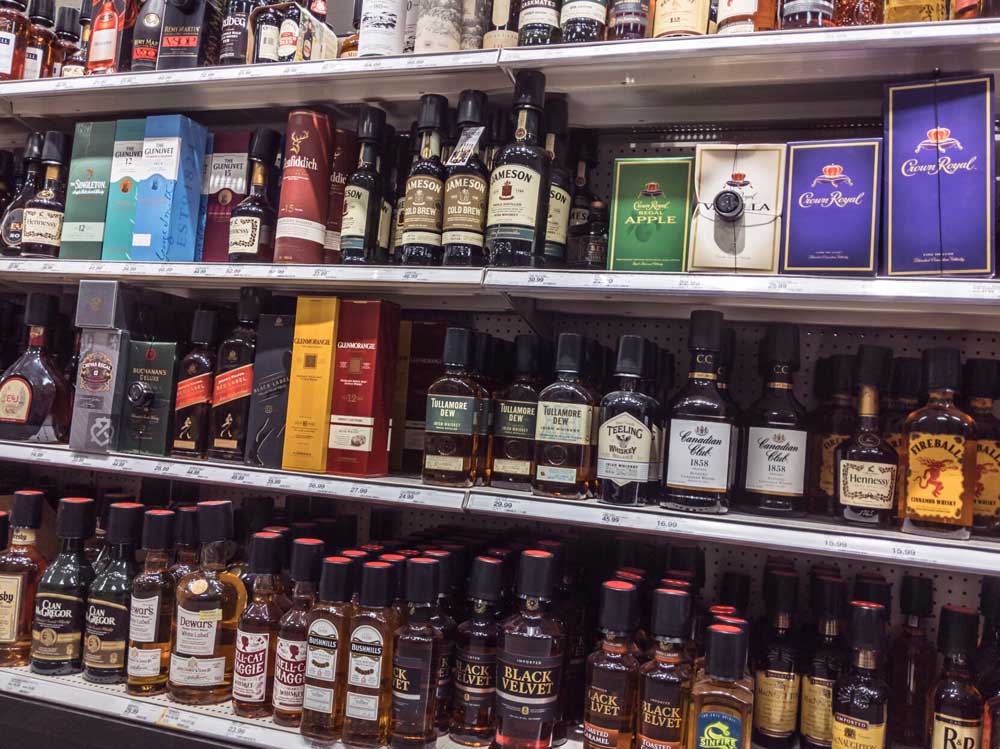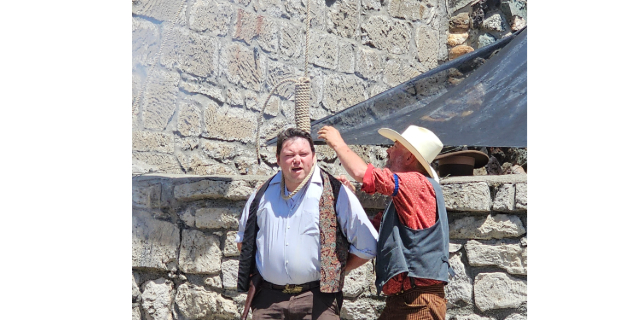Report on alcohol taxes got lost in COVID shuffle, official says
Published 10:00 am Wednesday, February 7, 2024

- An Oregon Health Authority official acknowledged that a report on the potential impacts of a proposed alcohol tax increase should have been published sooner.
SALEM — An Oregon Health Authority official apologized after the agency suppressed a report that raising taxes on beer and wine wouldn’t significantly reduce the public costs of hard drinking.
The study, first reported by The Oregonian, complicates the work of a new state task force on alcohol pricing, which is considering a tax increase on beer, wine and cider producers. It’s a hotly contested issue: Oregon’s robust alcohol industry has lobbied hard against new taxes — which are some of the lowest in the country — but Oregon has a high rate of alcohol-related deaths and ballooning public costs. The task force’s chair, Rep. Tawna Sanchez, D-Portland, has sponsored failed legislation to fund addiction prevention and treatment with new alcohol revenues.
State Epidemiologist Dean Sidelinger told the task force Thursday, Feb. 1, the agency should have publicized the report, which it commissioned from the research firm EcoNorthwest, in 2021.
“For that, I do apologize,” Sidelinger said Thursday. “This should have been published then,” he added.
Sidelinger said that the agency didn’t post the report on its website because it was understaffed during a COVID wave.
The study found that a major excise tax increase on beer, wine and cider in Oregon would reduce the public’s drinking by 4% at most. It also found the state’s heaviest drinkers, a small group who disproportionately drive up costs for the state’s public health and criminal justice systems, would drink about 2% less. Meanwhile, the tax would have raised an additional $240 million in 2019, the study said.
“I thought it was unnecessary and unfortunate that they felt they needed to apologize,” said Mike Marshall, executive director of the advocacy group Oregon Recovers.
Although the agency didn’t post the final report on its website or “make a big deal of releasing it,” Marshall noted that officials did present the findings in a 2021 YouTube video.
However, Aaron Sarnoff-Wood, co-founder of 2 Towns Ciderhouse, said the study refuted some of the agency’s “talking points” about the possible benefits of increased alcohol taxes. Sarnoff-Wood is a member of the task force and is affiliated with the Oregon Beverage Alliance, an industry advocacy group.
“How it could have slipped through the cracks is, I guess, the question,” he said.
During the meeting Thursday, Sarnoff-Wood asked other task force members whether they were aware of the report before last week. None spoke up and several shook their heads.
State lawmakers created the task force last year to facilitate a conversation among state leaders, addiction experts, public health experts and representatives of breweries, wineries and cideries. The task force is also examining how the state funds addiction treatment and the significant public costs posed by alcohol addiction.
“It was difficult to get everyone opening up to have the conversation,” Sanchez said during the meeting.
Costs of excessive drinking
Oregonians die at high rates of preventable, alcohol-related deaths compared to other states. About 1,250 deaths were attributable to alcohol in 2021, according to the health authority. Excessive drinking is linked to a slew of health conditions, such as liver cirrhosis, and risky behaviors like drunken drinking. Those create costs that the Oregon public bears.
The EcoNorthwest report tallied a cost of $4.8 billion for excessive alcohol use in 2019. The lion’s share were associated with lost economic productivity, criminal justice administration and health care for drinkers and victims.
The health authority publicized that figure in a draft version of the report, which it posted to its website. However, the final version of the report cast doubt that increased beer and wine excise taxes would move the needle much on alcohol consumption.
The study said that government policies are necessary to abate heavy drinking by a small portion of the population. However, “heavy drinkers are much less responsive to changes in price than are moderate consumers,” it said.
The researchers suggested that education campaigns may be more effective in curbing heavy drinking, in part because heavy drinkers will typically opt for cheaper drinks if confronted with higher prices. The Oregon Health Authority’s “Rethink the Drink” campaign is one such education initiative.
Marshall said the study would have shown more effective results for heavy drinkers if researchers also experimented with higher prices for liquor — not just beer, wine and cider. Still, he said any reduction of drinking would bring “huge” public benefits.
“There is no safe or positive level of alcohol consumption,” he said.
The Centers for Disease Control and Prevention recommends increasing alcohol taxes to reduce consumption. Experiments doing so are mixed in other states. In Illinois, drinkers turned to beer when a tax increase on wine and spirits went into effect, “suggesting that consumers react by switching to less expensive products,” according to a study by economists.
However, a sales tax increase in Maryland cut driving under the influence of alcohol rates by 6% and gonorrhea rates by almost 25%.





